Organizers
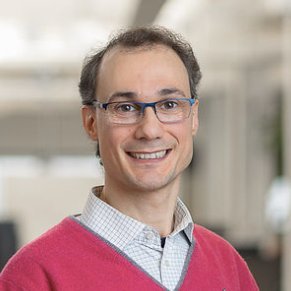
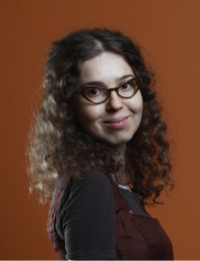
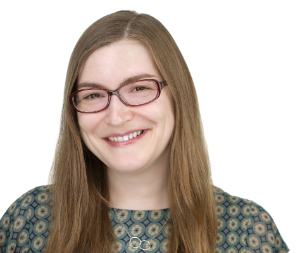
Bio
Jenn Wortman Vaughan is a Senior Principal Researcher at Microsoft Research, New York City. Her research background is in machine learning and algorithmic economics. She is especially interested in the interaction between people and AI, and has often studied this interaction in the context of prediction markets and other crowdsourcing systems. In recent years, she has turned her attention to human-centered approaches to transparency, interpretability, and fairness in machine learning as part of MSR's FATE group and co-chair of Microsoft’s Aether Working Group on Transparency. Jenn came to MSR in 2012 from UCLA, where she was an assistant professor in the computer science department. She completed her Ph.D. at the University of Pennsylvania in 2009, and subsequently spent a year as a Computing Innovation Fellow at Harvard. She is the recipient of Penn's 2009 Rubinoff dissertation award for innovative applications of computer technology, a National Science Foundation CAREER award, a Presidential Early Career Award for Scientists and Engineers (PECASE), and a handful of best paper awards. In her "spare" time, Jenn is involved in a variety of efforts to provide support for women in computer science; most notably, she co-founded the Annual Workshop for Women in Machine Learning, which has …
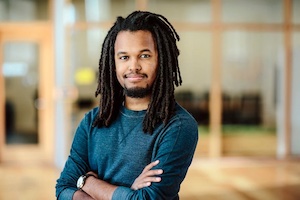
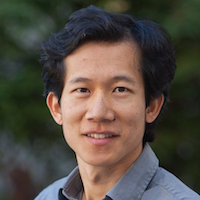
Bio
Percy Liang is an Assistant Professor of Computer Science at Stanford University (B.S. from MIT, 2004; Ph.D. from UC Berkeley, 2011). His research spans machine learning and natural language processing, with the goal of developing trustworthy agents that can communicate effectively with people and improve over time through interaction. Specific topics include question answering, dialogue, program induction, interactive learning, and reliable machine learning. His awards include the IJCAI Computers and Thought Award (2016), an NSF CAREER Award (2016), a Sloan Research Fellowship (2015), and a Microsoft Research Faculty Fellowship (2014).
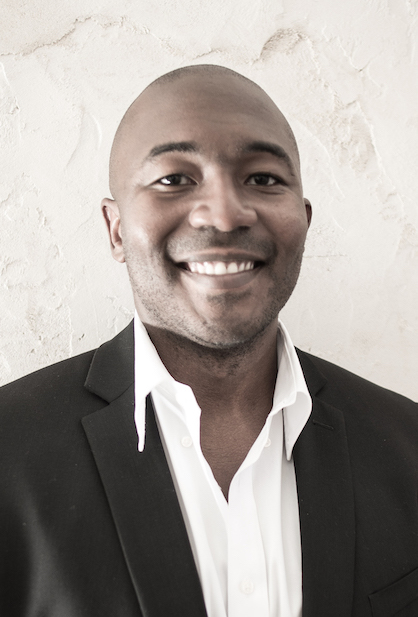
Bio
Sanmi Koyejo is an Assistant Professor in the Department of Computer Science at the University of Illinois at Urbana-Champaign and a research scientist at Google AI in Accra. Koyejo's research interests are in developing the principles and practice of adaptive and robust machine learning. Additionally, Koyejo focuses on applications to biomedical imaging and neuroscience. Koyejo co-founded the Black in AI organization and currently serves on its board.
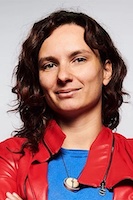
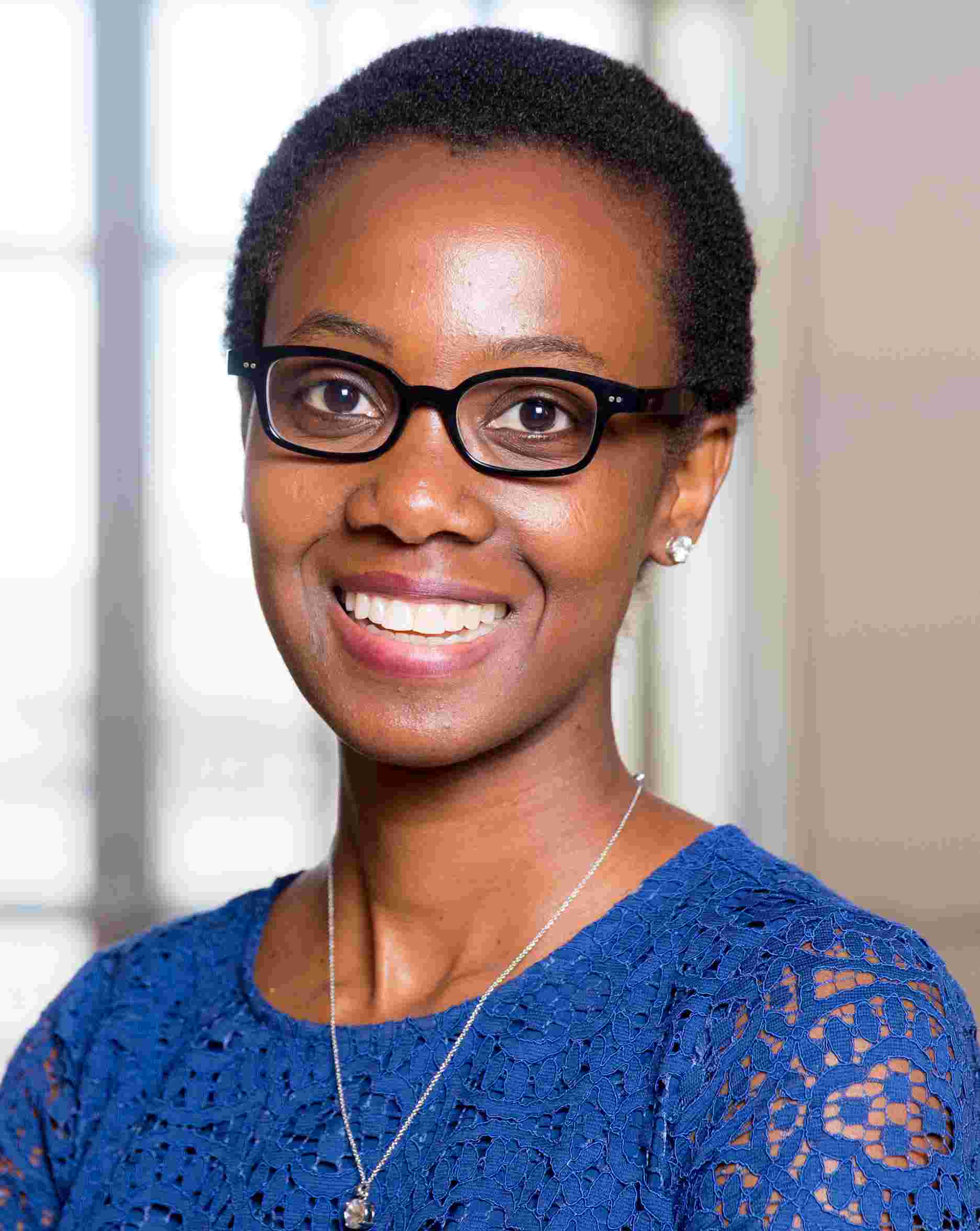
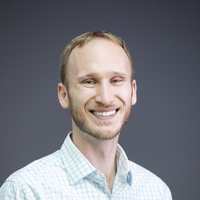
Bio
Tristan Naumann is a Principal Researcher in the Real World Evidence (RWE) group at Microsoft Research’s Health Futures. His research focuses on problems at the intersection of machine learning (ML) and health, specifically exploring relationships in complex, unstructured health data using techniques from natural language processing (NLP) and unsupervised learning. He values supporting the broader ML community through academic service and has served as a General Chair, and a variety of other roles, for NeurIPS, AHLI Conference on Health, Inference, and Learning (CHIL), and Machine Learning for Health (ML4H).
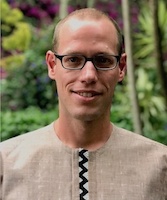
Bio
Professor Marc Deisenroth is the DeepMind Chair in Artificial Intelligence at University College London and the Deputy Director of UCL's Centre for Artificial Intelligence. He also holds a visiting faculty position at the University of Johannesburg and Imperial College London. Marc's research interests center around data-efficient machine learning, probabilistic modeling and autonomous decision making. Marc was Program Chair of EWRL 2012, Workshops Chair of RSS 2013, EXPO-Co-Chair of ICML 2020, and Tutorials Co-Chair of NeurIPS 2021. In 2019, Marc co-organized the Machine Learning Summer School in London. He received Paper Awards at ICRA 2014, ICCAS 2016, and ICML 2020. He is co-author of the book Mathematics for Machine Learning published by Cambridge University Press (2020).
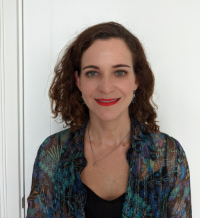

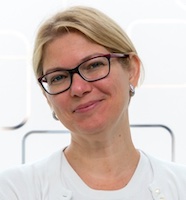

Bio
Marco Ciccone is an ELLIS Postdoctoral Researcher in the VANDAL group at Politecnico di Torino and UCL. His current research interests are in the intersection of meta, continual, and federated learning with a particular focus on modularity and models re-use to scale the training of agents with heterogeneous data, and mitigate the effect of catastrophic forgetting and interference across tasks, domains, and devices. He has been NeurIPS Competiton Track co-chair in 2021, 2022 and 2023.
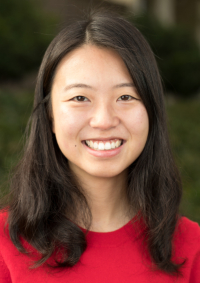




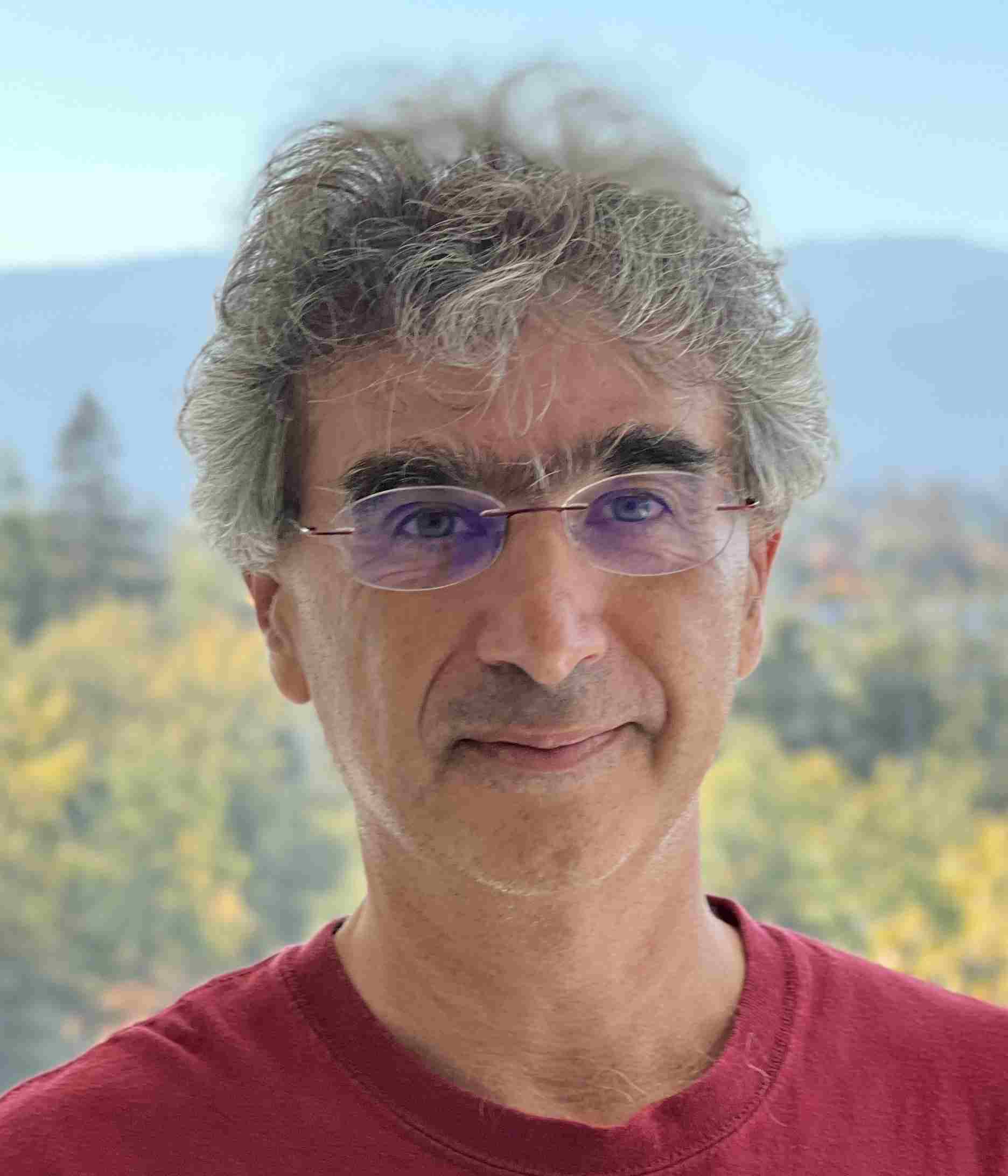

Bio
Shakir Mohamed is a senior staff scientist at DeepMind in London. Shakir's main interests lie at the intersection of approximate Bayesian inference, deep learning and reinforcement learning, and the role that machine learning systems at this intersection have in the development of more intelligent and general-purpose learning systems. Before moving to London, Shakir held a Junior Research Fellowship from the Canadian Institute for Advanced Research (CIFAR), based in Vancouver at the University of British Columbia with Nando de Freitas. Shakir completed his PhD with Zoubin Ghahramani at the University of Cambridge, where he was a Commonwealth Scholar to the United Kingdom. Shakir is from South Africa and completed his previous degrees in Electrical and Information Engineering at the University of the Witwatersrand, Johannesburg.
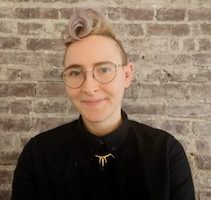
Bio
Remi Denton (they/them) is a Staff Research Scientist at Google, within the Technology, AI, Society, and Culture team, where they study the sociocultural impacts of AI technologies and conditions of AI development. Prior to joining Google, Remi received their PhD in Computer Science from the Courant Institute of Mathematical Sciences at New York University, where they focused on unsupervised learning and generative modeling of images and video. Prior to that, they received their BSc in Computer Science and Cognitive Science at the University of Toronto.
Though trained formally as a computer scientist, Remi draws ideas and methods from multiple disciplines and is drawn towards highly interdisciplinary collaborations, in order to examine AI systems from a sociotechnical perspective. Remi’s recent research centers on emerging text- and image-based generative AI, with a focus on data considerations and representational harms. Remi published under the name "Emily Denton".
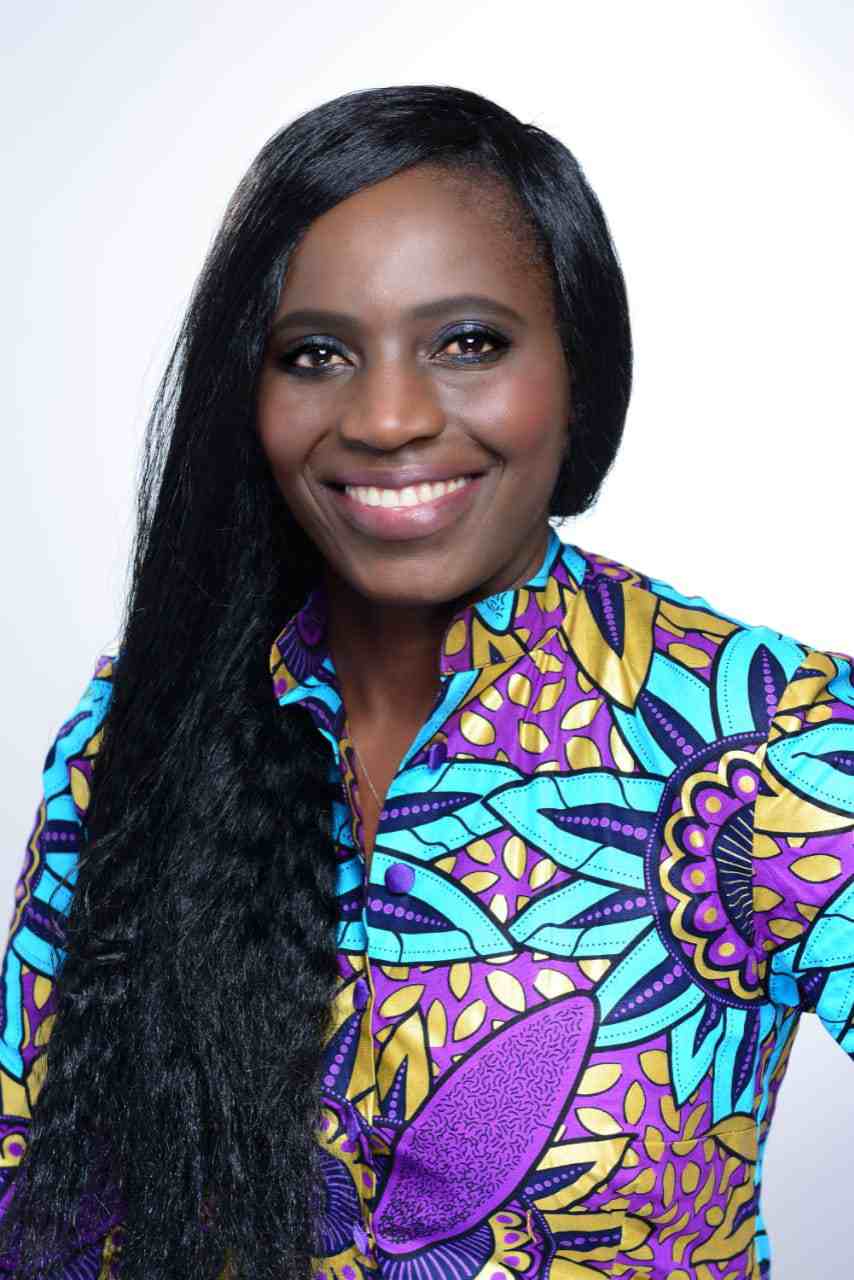
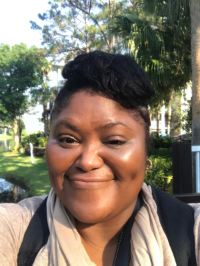

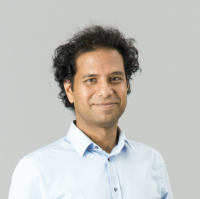
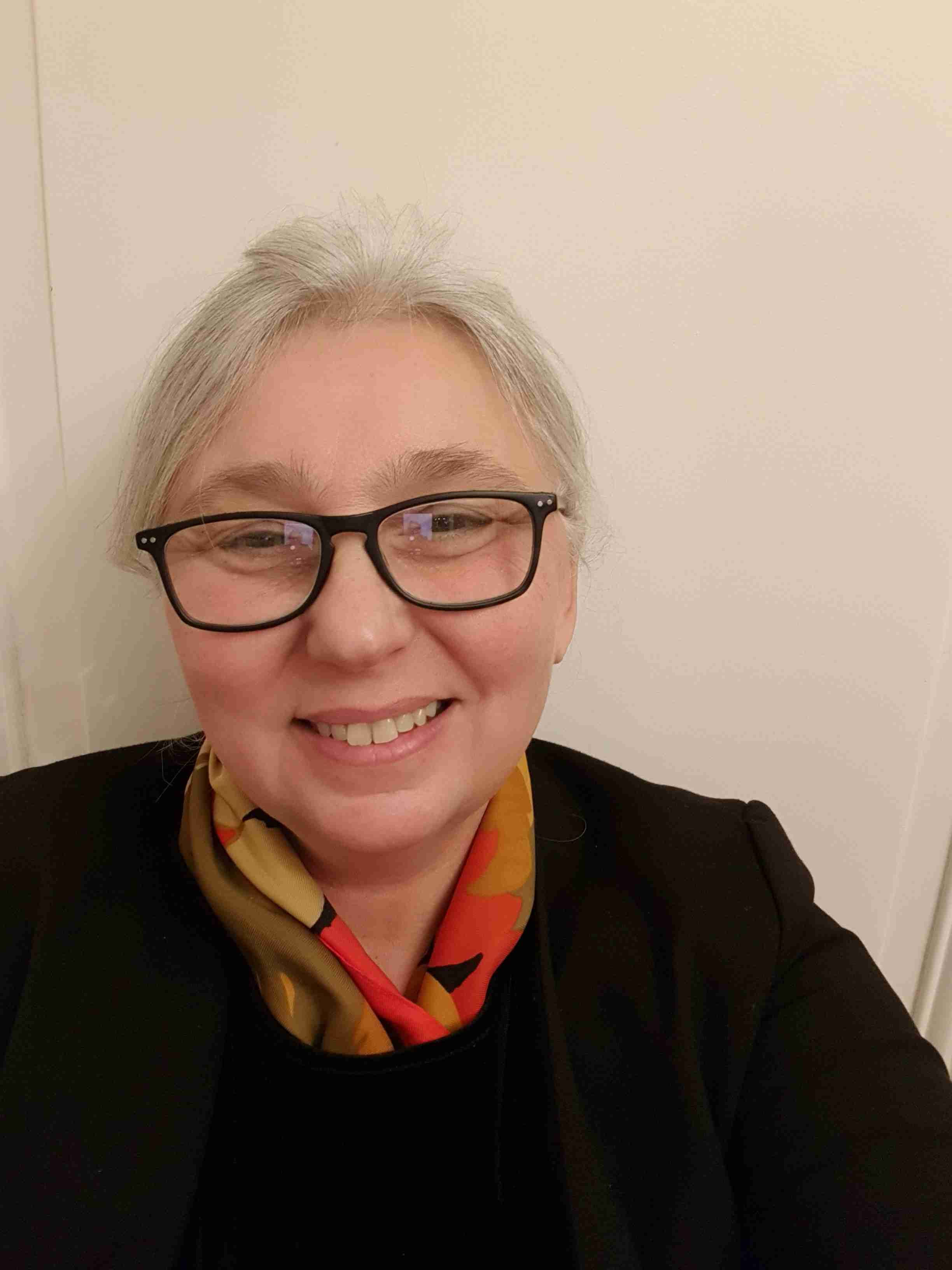
Bio
..* CEO & Founder of machinelearning.fr
..* MSc. Machine Learning, University College London, 2013, UK ..* Computer Science Engineer's degree, Université de Technologie de Compiègne (UTC), 1983, France
..* Co-organiser of the Paris Machine Learning Applications Meetup (+8000 members) ..* Organiser of the Centre-Loire Valley Machine Learning Meetup ..* Organiser of the PyData Loire Valley
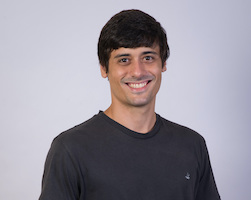
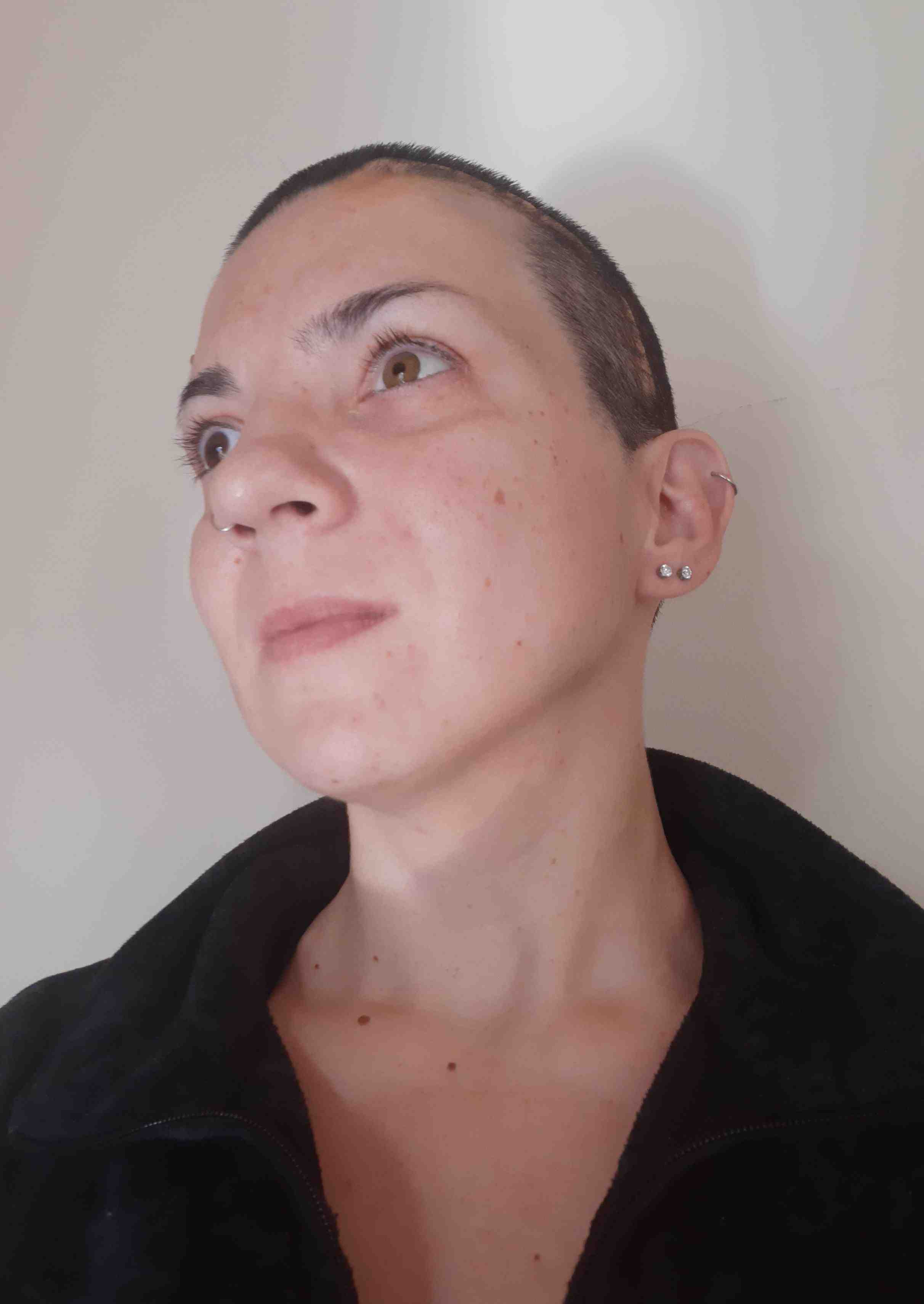
Bio
I hold a 4-year Bachelor of Science in Informatics and 2-year Master of Science in Statistical Science both from Athens University of Economics and Business and a PhD in probabilistic machine learning from MRC-Biostatistics Unit, University of Cambridge. I am a Postdoctoral Associate with the Intestate of M.I.T. andHarvard under EWSC research fellowship. My fields of interest lie in theory of probabilistic machine learning, theory and methodology of Bayesian high-dimensional problems, information theory and generative modelling with applications to genomics and healthcare
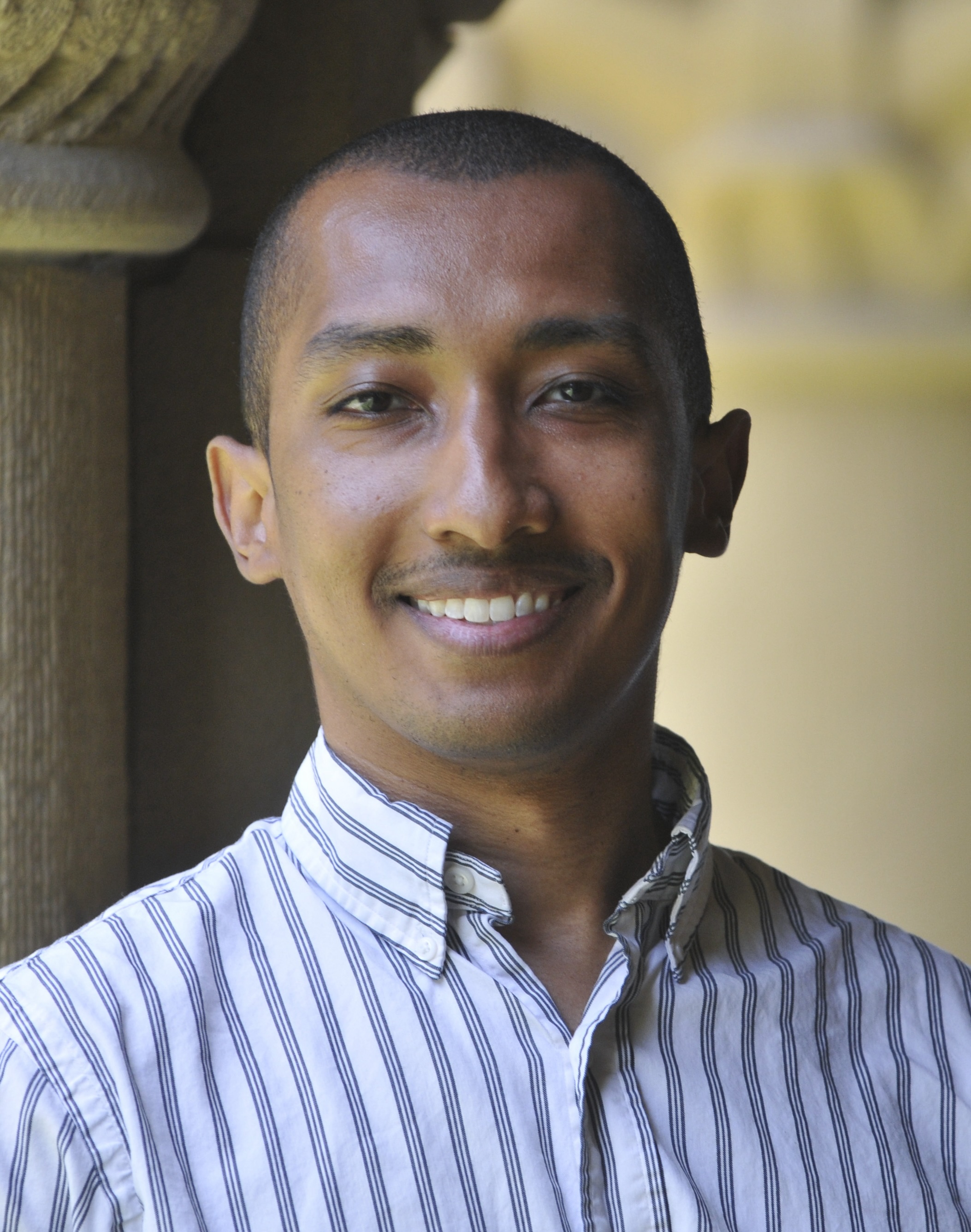
Bio
Lester Mackey is a Senior Principal Researcher at Microsoft Research, where he develops machine learning methods, models, and theory for large-scale learning tasks driven by applications from climate forecasting, healthcare, and the social good. Lester moved to Microsoft from Stanford University, where he was an assistant professor of Statistics and, by courtesy, of Computer Science. He earned his PhD in Computer Science and MA in Statistics from UC Berkeley and his BSE in Computer Science from Princeton University. He co-organized the second place team in the Netflix Prize competition for collaborative filtering; won the Prize4Life ALS disease progression prediction challenge; won prizes for temperature and precipitation forecasting in the yearlong real-time Subseasonal Climate Forecast Rodeo; and received best paper, outstanding paper, and best student paper awards from the ACM Conference on Programming Language Design and Implementation, the Conference on Neural Information Processing Systems, and the International Conference on Machine Learning. He is a 2023 MacArthur Fellow, a Fellow of the Institute of Mathematical Statistics, a Fellow of the American Statistical Association, an elected member of the COPSS Leadership Academy, and the recipient of the 2023 Ethel Newbold Prize.

Bio
Pascale Fung (馮雁) (born 1966 in Shanghai, China) is a professor in the Department of Electronic & Computer Engineering and the Department of Computer Science & Engineering at the Hong Kong University of Science & Technology(HKUST). She is the director of the newly established, multidisciplinary Centre for AI Research (CAiRE) at HKUST. She is an elected Fellow of the Institute of Electrical and Electronics Engineers (IEEE) for her “contributions to human-machine interactions”[1] and an elected Fellow of the International Speech Communication Association for “fundamental contributions to the interdisciplinary area of spoken language human-machine interactions”.
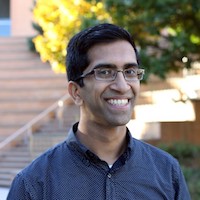

Bio
Freddie is a Senior Research Fellow at the Dept. of Computer Science, University of Oxford, investigating topics mainly in AI for Earth Observation. He is the principal investigator of OpenSR, a €1M government contract with ESA, to increase the safety of Super-Resolution technology for the Sentinel-2 archive. He is also an independent consultant, involved in projects where he leads teams in the Frontier Development Lab (FDL), a private-public partnership between NASA, SETI, and Trillium Technologies. His recent FDL projects were funded by NASA SMD to investigate the use of SAR imagery for disaster detection, and by the USGS to develop near-real-time water stream mapping from daily PlanetScope imagery. His most recent work is a survey on the State of AI for Earth Observation, in collaboration with Satellite Applications Catapult.